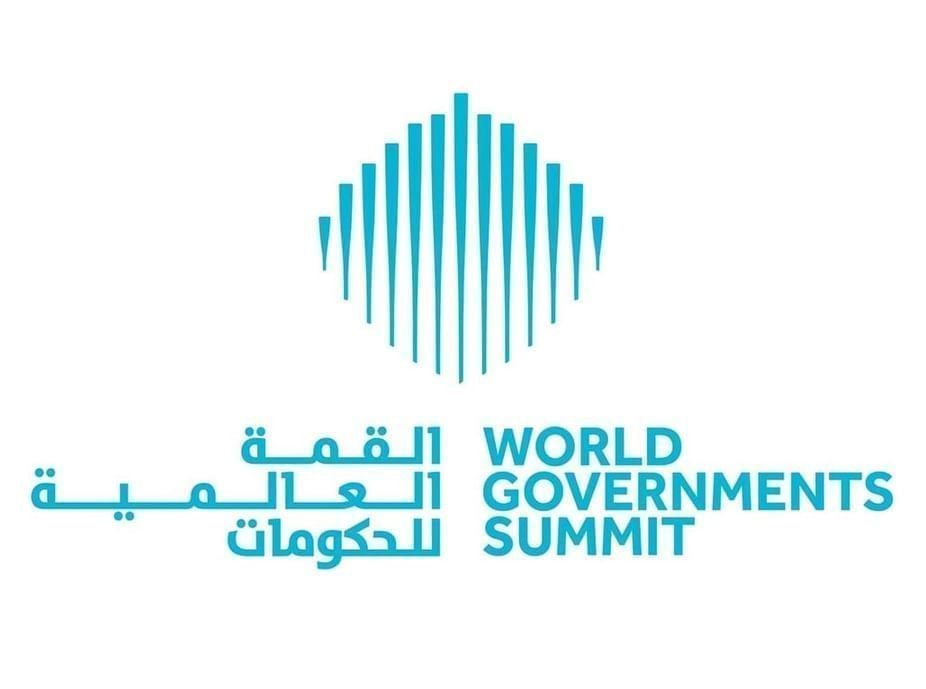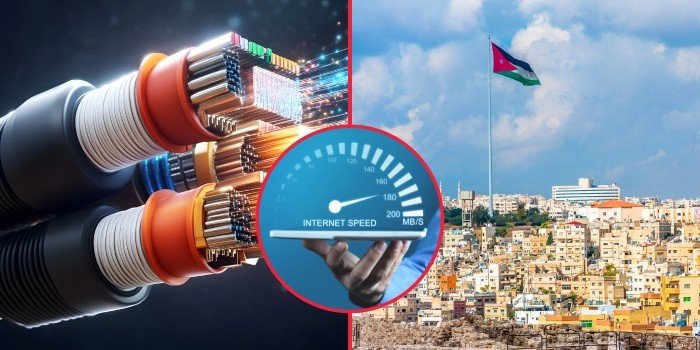Key Takeaways:
- Expanded Productivity Measurement: The second edition of the Productivity Potential Index (PPI), developed by the World Governments Summit and Strategy& Middle East, now includes 60 countries and incorporates dimensions like sustainability, well-being, innovation, and institutional quality.
- Significant GCC Growth Potential: Improving weakest productivity determinants could accelerate regional GDP growth from 3.5% to 6.0%, adding an estimated $2.8 trillion to the GCC’s GDP over the next decade.
- Global Economic Boost: If all countries in the PPI sample optimized their weakest indicators, it could boost the global economy by $87 trillion.
- Physical Capital Strength in GCC: Bahrain, Qatar, Saudi Arabia, and the UAE rank among the global Top 10 in the ‘physical capital’ pillar, demonstrating success in infrastructure and technology investments.
Dubai, UAE – The World Governments Summit (WGS) has unveiled the second edition of its Productivity Potential Index (PPI), a collaborative effort with Strategy& Middle East, part of the PwC network. This updated index significantly expands its scope to include 60 countries, providing a more comprehensive framework for understanding and enhancing national productivity.
The PPI redefines traditional productivity measurement by integrating crucial 21st-century dimensions such as environmental sustainability, well-being, innovation, and institutional quality. This forward-looking approach aims to identify future opportunities rather than solely analyzing past performance.
The report highlights a substantial untapped potential within Gulf Cooperation Council (GCC) economies. It estimates that by improving their weakest productivity determinants, the GCC could accelerate regional GDP growth from its current 3.5% to 6.0%, potentially adding a remarkable $2.8 trillion to the region’s GDP over the next decade. Globally, if all sampled countries were to optimize their weakest productivity indicators, it could boost the world economy by an astonishing $87 trillion.
Among GCC nations, Saudi Arabia leads with a PPI score of $69.3 per hour worked, followed by Kuwait ($60.8), Qatar ($57.2), and Bahrain ($56.9). The UAE scored $48.7 per hour worked in the analysis. Notably, Bahrain, Qatar, Saudi Arabia, and the UAE are among the global Top 10 in the ‘physical capital’ pillar, contributing $22-24 per hour worked to their productivity potential. This success underscores how targeted policies and investments in manufacturing, logistics, and internet infrastructure can drive rapid growth across sectors.
Dima Sayess, partner at Strategy& Middle East and director of the Ideation Centre, emphasized that “non-traditional measures of productivity are shaping the direction of change regionally and globally. Social trust, the quality of institutions and environmental indicators all play a role in driving, or hindering, economic growth.”
The PPI stands out by pinpointing countries’ strengths and weaknesses, highlighting the most impactful levers for growth, and offering policymakers actionable roadmaps to close gaps and improve performance. Powered by a machine-learning model and rigorously tested by international economists, the PPI provides critical insights.
Key opportunities and trends revealed by the report include the PPI’s alignment with the ‘Beyond GDP’ movement, emphasizing the intersection of growth with decarbonization and social cohesion. It also spotlights the critical role of effective governance in supporting thriving entrepreneurship and innovation ecosystems. Finally, the report highlights that while human and physical capital are foundational, scientific research and new patents are increasingly differentiating productivity potential “winners.”
This edition of the PPI also features an online policy simulator, enabling users to compare the performance of 60 countries across 19 indicators and gain actionable insights into optimizing productivity.















